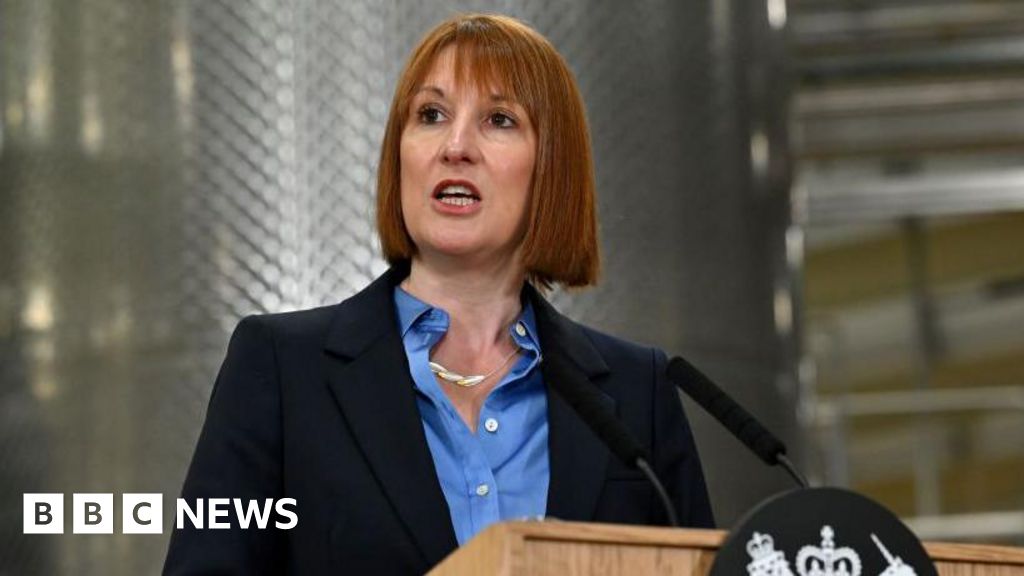Rachel Reeves is planning to change borrowing rules to free up billions of pounds more in spending for big projects in the upcoming Budget.
The chancellor has committed to a self-imposed rule to see debt – the total amount the government owes – falling as a share of the economy in five years’ time.
She is now deciding how to change how debt is measured to create more room for longer term investment.
The change will not prevent the need for further tax rises when Reeves announces her tax and spending plans on 30 October.
The government’s commitment to fund all day-to-day spending with tax receipts means there is little flexibility in this area.
In fact, Reeves is set to make this self-imposed rule on spending the main way it assesses the financial health of the country, rather than debt.
The Treasury is currently working out the impact of these changes on the public finances with the independent watchdog – the Office for Budget Responsibility.
Its forecast on how much money it will free up, will inform Reeves’ final decision on how to change the rules.
The precise measure of debt which will now be targeted will be finalised in the coming days.
Options Reeves is considering include excluding Bank of England’s losses from the national debt to create more space for more investment spending.
Repayment of massive Bank of England pandemic-era support, means that this wider measure of debt is higher and falls faster, making it easier to fulfil the target that the national debt is falling between the fourth and fifth year of the target.
A more radical move towards a measure of debt that includes government’s assets such as the student loan book or the motorway network could increase the amount for investment more significantly.
The chancellor has clearly signalled that over the Parliament she would reverse the cuts to spending on infrastructure as a share of the economy inherited from the previous government.
The government invested 2.6% of GDP on major projects last year, and under existing plans spending is set to fall to 1.7% by 2028-29. The Chancellor says this fall is a “mistake”.
While the Opposition accuse the Government of “fiddling” the rules, Cabinet ministers are making an increasingly public argument that Rishi Sunak’s 2021 fiscal rules were “anti-investment” and caused some of the problems in public services.
But the Treasury recognises that there will be “guardrails” on the speed and extent of investment spending, for example through the main current Budget rule. The £90bn a year interest bill for the national debt is part of day-to-day spending that all needs to be funded by taxation.
The Treasury will have to tell the OBR about its likely Budget measures this week in order for a draft fiscal forecast to be calculated by Monday. This back and forth process will continue until the process is finalised on 25 October.

